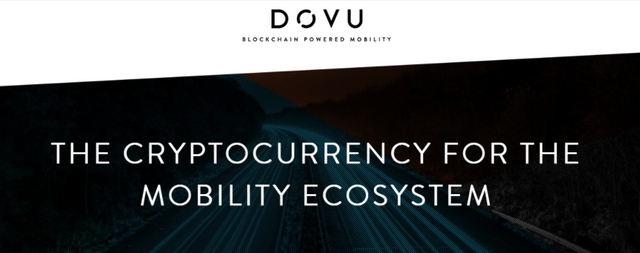
API evaluation criteria:
To decide which API has to be used, any application is only as powerful as its weakest API. Major criteria for API evaluation are reliability, performance, support, and documentation. Documentation is mandatory in order to support or serve for its developers to proper understand API integration and use case. While API documentation got many pressure point like design, organization, consistency, versioning and many more. Writing good documentation is significant task, and much often than poorly executed task. Secondly latency, uptime, robust SLA’s also denote performance of API, and do not mention undocumented face like payload and quality. Across the board, performance of the API varies widely. And at last, it also depends on investment at publisher level, and support of developer is generally limited- a genuine problem while doing evaluation or troubleshooting whether an API is fit for your needs.
Trusted Contacts:
Being owner of the data or the provider of the data one must know who is using the data and blockchain to make virtual identities; you can develop a trusted community of users. Simply stated, for the rest of API’s you need a security guarantee, like DOV token. Smart contracts help enforcing business rules. For example, if data gets used for commercial ends, condition A is applicable and if data is not used for commercial use and used for non-commercial use condition B is applicable. Smart contract also use to add an additional privacy step by tokenizing the data which is in recorded form and personal information. Personal information cannot be seen by everyone only authorized person have access to personal data otherwise it is illegal to see such personal information for transactions. The fixation of data further prevents trickery. For the future blockchain is being expected to give real-time insight to data, how and where data is being used. The clarity of original value joined with micro-payments opens many opportunities for granular value-dependent pricing of data.
API Marketplace:
DOVU ’s API marketplace mostly helps people or their workers to discover, evaluate, and test and to combine with APIs easily. In recent transient and many distributed teams it becoming challenge and costly to maintain and manage API use across projects. It mostly takes one lapsed or API integration whose management has been failed to take ones entire application down or gives you with an unexpected bill. Management tools of DOVU’s API let you keep all your incorporations in one place which permit you to mix and match APIs similar to Lego blocks, which further enhance data value and utility. For example one could mix car data with insurance data to calculate smart policies, or mix weather data and air quality data to guide when to play sports outside. Developing projects, authenticating and adding API’s takes second, and mix endpoint naming agreements developers combine disparate APIs in minutes instead of hours and hence reduce the time. DOVU produce combination fragment for all popular languages, significantly enhance speed to market, lower their cost and time to get new developers onboard. One more important thing is, their abstraction layer permit developers to concentrate on producing core value over time-consuming assimilation. The API is combined upfront so their all users develop their own API key and use DOVU to plug them in. Clarity is the key for all performance, billing and project management details to store them in the developer dashboard. Data providers acquire monetization advantages of enriched data. Other drivers of data providers use an API marketplace which include good customer experience, strategic positioning and value based monetization. DOVU actually provide their providers with easy platform, documentation and integration system for APIs. For more detail visit DOVU whitepaper.
ETH address: 0x1a0a527236d8908Db0007E546B544Cba3F226A90